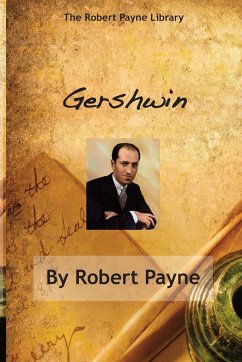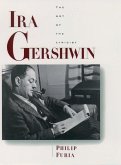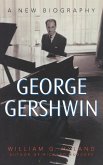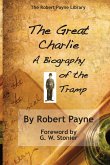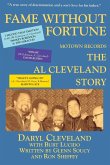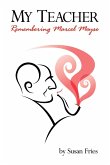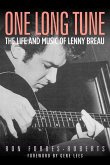"... (Payne) has the gift, as does John Keegan, of using prose to elevate facts, figures, dates and events into the realms of the dramatic." -Amazon Reviewer NO ONE LIVING IN NEW YORK CAN escape from George Gershwin. His music still comes in unrestrained and sometimes paralyzing abundance through the radio. Its gaiety, its flippancy, its violence, its electrifying "blues" passages, though written in the twenties and early thirties, still reflect the prevailing mood of New York. No other city could have produced him, and no other city has taken him so much to its heart. Robert Payne's first motive for writing his story was because he planned to write a long novel about New York, and wanted to get to grips with that strange, effervescent period when New York was still young and reckless. Gershwin was, he thought, the best symbol of the twenties. In the novel someone very like him was to grow old and grey with the weariness of his eternal youth, dying at last in a quarrel in a Bowery doss-house. It was a satisfying ending, but Gershwin's ending was still more satisfying. George Gershwin was larger than life, and no one was ever so demanding. They said of him that he was like a young Prince, and nothing he ever asked for was refused him. Perhaps that was the tragedy, for certainly the stereotype of the brilliantly successful composer was not entirely satisfactory. So Robert Payne has painted him in the limelight, but also as he walked through the Shadows. Pierre Stephen Robert Payne (4 December 1911-3 March 1983), was a novelist, historian, poet, and biographer. Born in Cornwall, the son of an English naval architect, and with a French mother. He worked as a shipbuilder and then for a time with the Inland Revenue. In 1941 he became an armament officer and chief camouflage officer for British Army Intelligence at Singapore. In the summer of 1946, Payne traveled to China and visited with and interviewed Mao Zedong in Yenan. During the interview Mao correctly predicted that it would only take the Communist forces a year and a half to conquer China once the armistice with Chiang Kai-shek and his followers was broken. Payne had more than 110 books published, novels, histories and biographies.
Hinweis: Dieser Artikel kann nur an eine deutsche Lieferadresse ausgeliefert werden.
Hinweis: Dieser Artikel kann nur an eine deutsche Lieferadresse ausgeliefert werden.

